
Just who were the Lost Souls? They were real people leading real lives. Real people leading real lives who one day or one evening did not arrive home. Some were free. Most were enslaved. Some of the enslaved were slated to gain their freedom when they turned 21 years of age or 25.
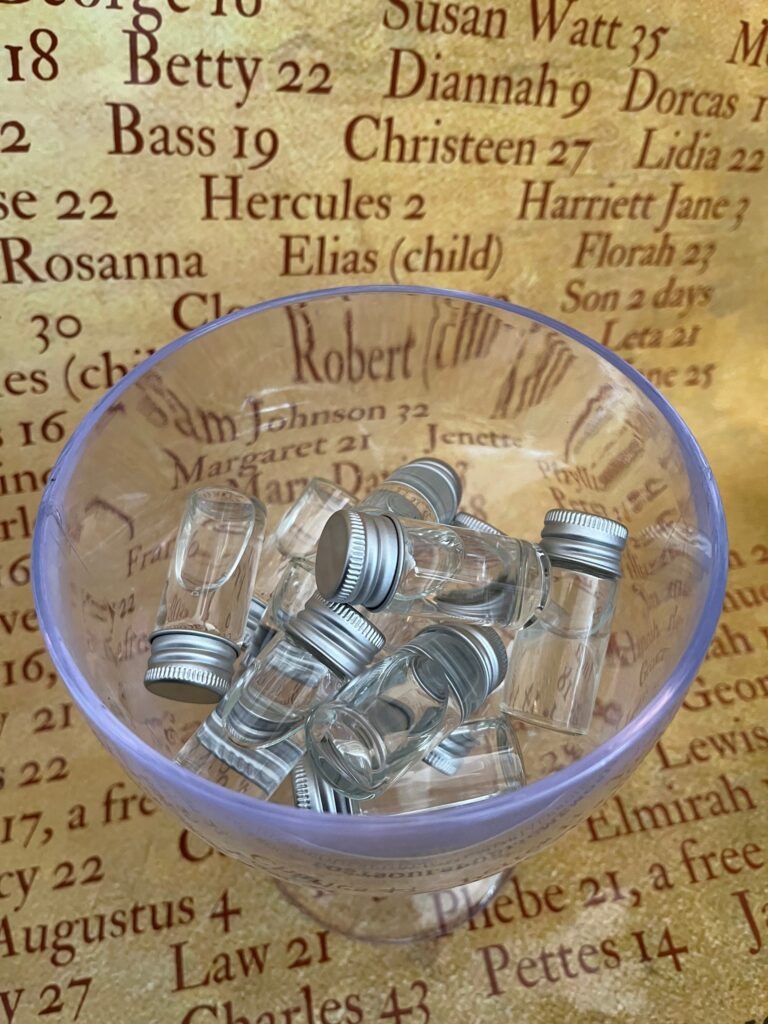
Yet, through guile and greed, deception and kidnapping, 137 African American women, men, and children were stolen into permanent slavery, sent on boats out of New Jersey into the Deep South, landing primarily in Louisiana. This was done by a slave ring, state-wide in its network, headed by a corrupt Middlesex County judge, named Jacob Van Wickle.
We do not know with absolute certainty what happened to the Lost Souls. Much of the evidence points to their continued enslavement in Louisiana, which meant for most, if not all, of them: for much of the rest of their lives. We know of at least two locations where some of the Lost Souls likely ended up:
The Morganza plantation, along the Mississippi, which owned by Charles Morgan, one of the slave ring leaders.
The Petit Anse plantation (now called Avery Island), owned by John Craig Marsh, who, with William Stone, were part of the New Jersey slave ring and helped to traffic these human beings from New Jersey (and New York) into the Deep South.
But what does this have to do with these small vials of water?
The vials of water are “homegrown holy water” from my congregation. These ones are doubly blessed. Blessed first in a general way every September, when the congregation gathers for what we call our Water Ingathering which marks the beginning of each congregational year. As part of our Water Ingathering ritual, congregants bring water from meaningful places or moments in their lives and we co-mingle the waters together, a symbol of our joining our lives together as a community. Each year at this ceremony, I say these words, or ones similar:
The Native peoples of this part of the vast continent, the Lenni Lenape, and those known today as the Nanticoke, the Powhatan Renape, the Ramapough Mountain, and the Southern Jersey Taino, long of this place and still very much living here, to whom we owe an unpayable debt that survive and thrive here, have affirmed for centuries, and longer, that all water is life, that all water is sacred.
In our Unitarian Universalist tradition, holy water is that same sacred water, distilled with communal, populist blessing. I like the term, “Homegrown Holy Water,” made holy not through some elaborate mechanical mystery or hypocritical wizard behind the curtain or hierarchy of power donning a Bishop’s hat or even by some far-off or close-by deity. Made holy by its egalitarian nature, available to all, withheld from none, available to the beautiful inclusive mélange of humanity, non-binary, fleshly full, riddled with flaws and imperfections, seeking forgiveness and to forgive, seeking to know and be known.
This water we have gathered today is hereby now the official TUS homemade holy water for the coming year. Later, after today’s service, what is left of the water will be thoroughly boiled and stored in vials. Homemade holy water will find its way into child dedications, into blessings the congregation offers its new staff, to rituals we conduct communally, to help center families in the moments before memorial services and weddings, and on occasions that will show themselves but are unknown now.
Blessed a second time this past Sunday (March 20) by the children of the congregation. I told them a brief version of the Lost Souls, which ~ depending on their age and attention, they might have heard before since we consider the Lost Souls Public Memorial Project a ministry of the congregation. Then I told them of my upcoming pilgrimage the place where the Lost Souls no longer experienced freedom. I told them that I was going on this journey to remember the Lost Souls, to honor their lives, and to lament what was done to them.
Then I asked them to bless the vials of homegrown holy water, sharing prayers or messages of love, amends, and justice, because I planned to bring the water with me and to pour it on the land where once the Lost Souls walked.
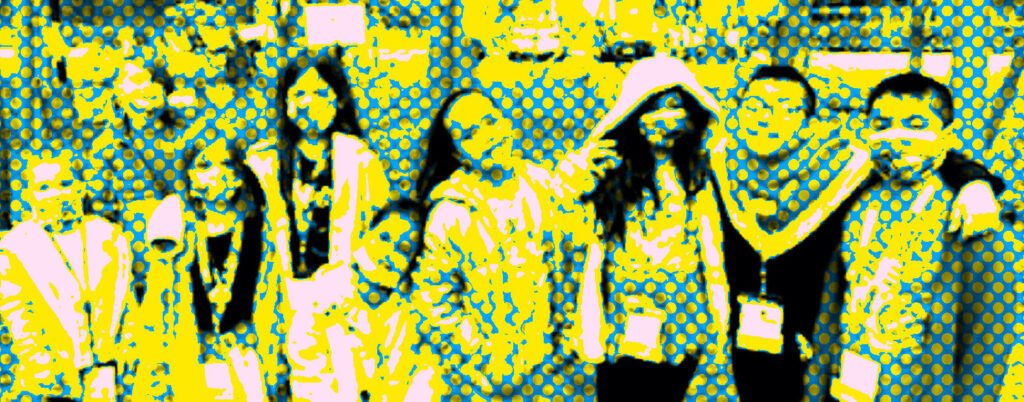
Let me tell you: I was so moved by the intentionality of the children as they each held one of the vials in both their hands. Eyes closed, they whispered messages over their clasped hands or held those hands to their heart. As they did this, I spoke aloud some of the names of the Lost Souls, focusing on those who were children when they were kidnapped. When I thanked them and told them that they could put their vial into a basket, I was touched that several of the children continued their communing, taking seriously the invitation extended to them. Taking seriously the gravity of what was being asked of them.
I extended the invitation to bless the homegrown holy water to adults in the congregation. Some did as they left the Sunday service to return home. I have invited members of the Board of the Lost Souls Project to add their blessings and this has happened, too.
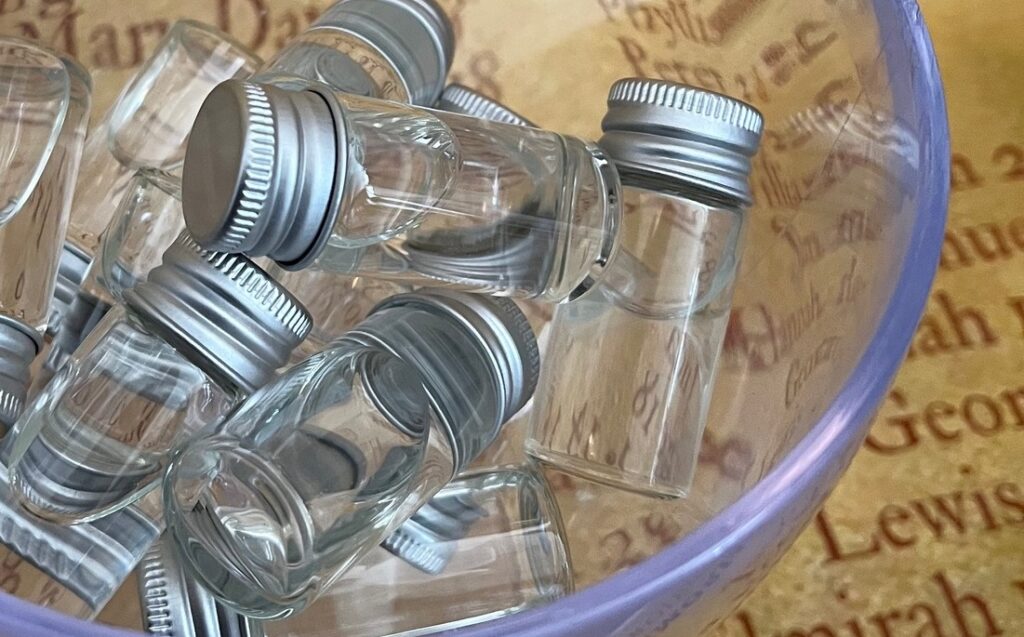
I feel blessed to be the bearer of this holy water. I feel honored to be able to convey these blessings as part of this pilgrimage. I know I will feel the company of all who extended their blessings and will do my best to extend that blessing even further as part of my travels.
…on occasions that will show themselves but are unknown now.
This is one of those occasions that decided to show itself only a week ago, when the idea for bringing this water down South popped into my head and heart. It had not been part of the plan. Now it seems utterly obvious and a perfect fit.
Made more perfect by the double blessing.
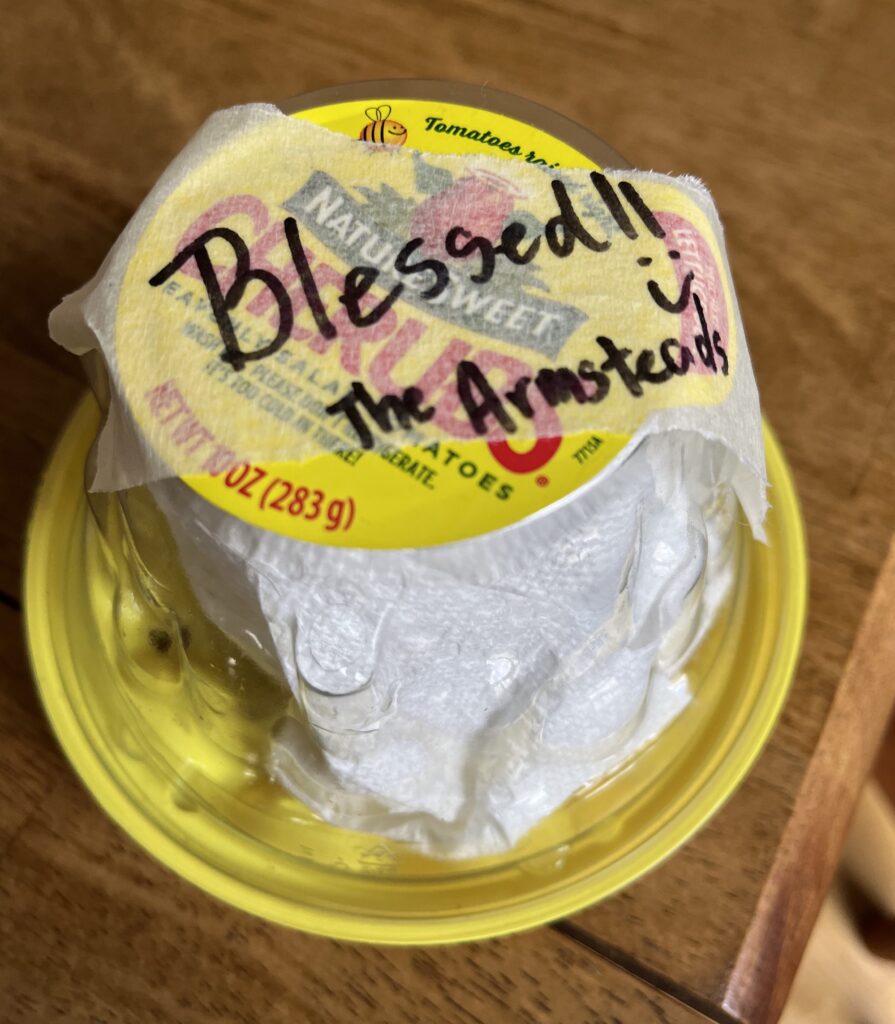
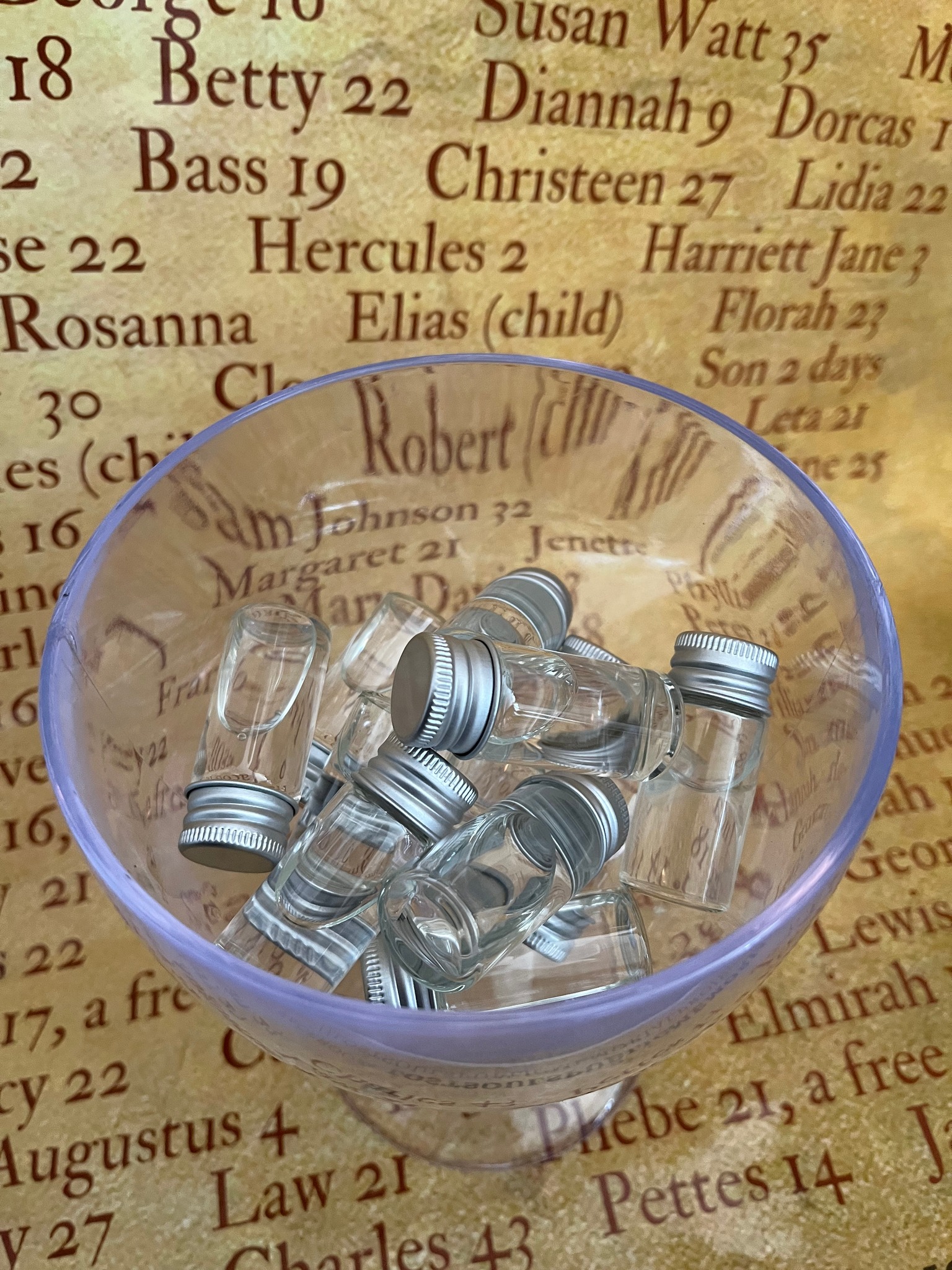
Amazing…and a libation tradition with deep roots in African and Afro-American religious traditions as well as the UU Water Communion culture. Beautiful. Thank you Rev. Karen for “taking us” with you on this faithful (logical and also “extra logical”) journey from NJ to the southland. Holding you in prayer and peace.
I’m glad you are coming along and see the resonance between the two ritual traditions.